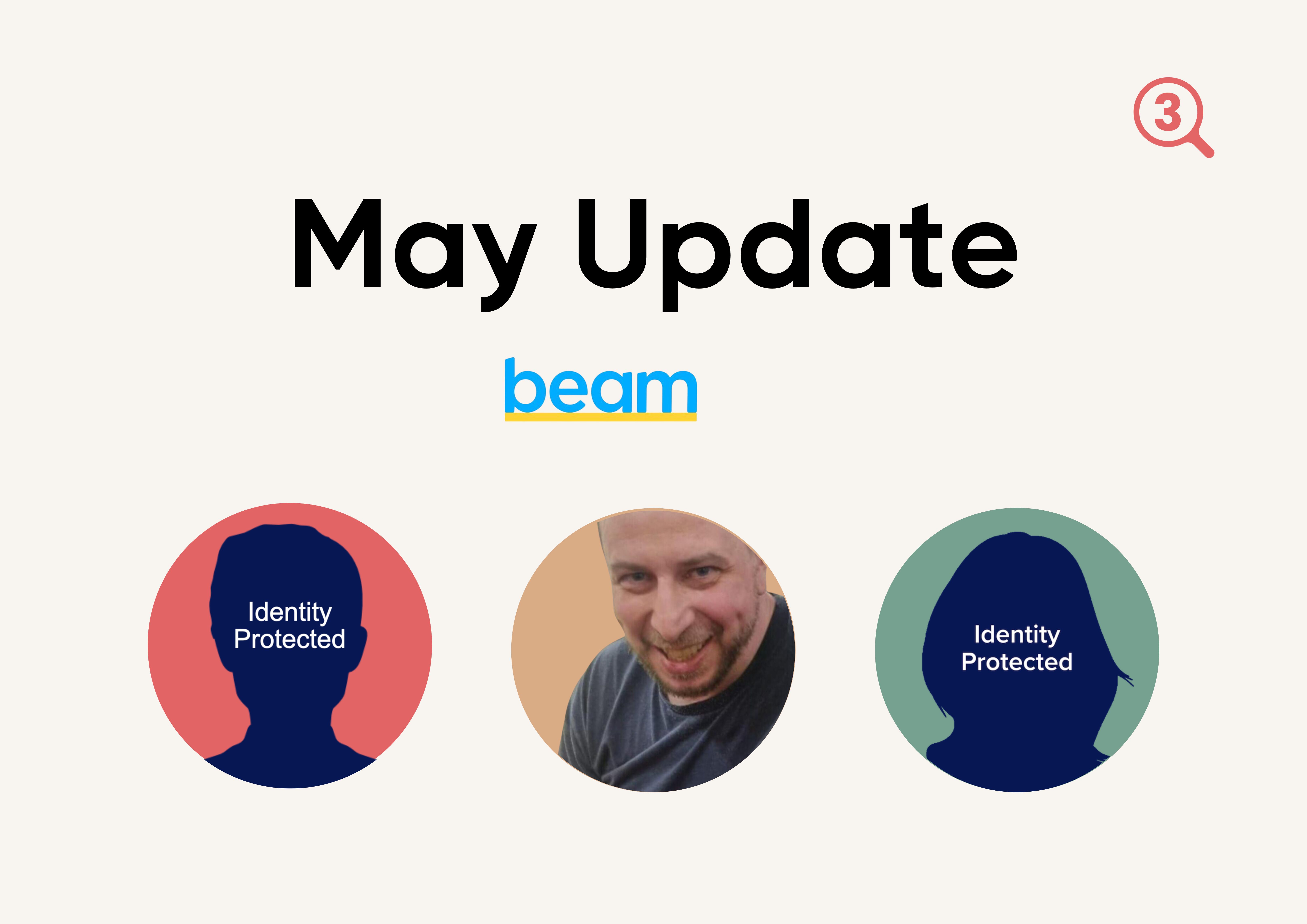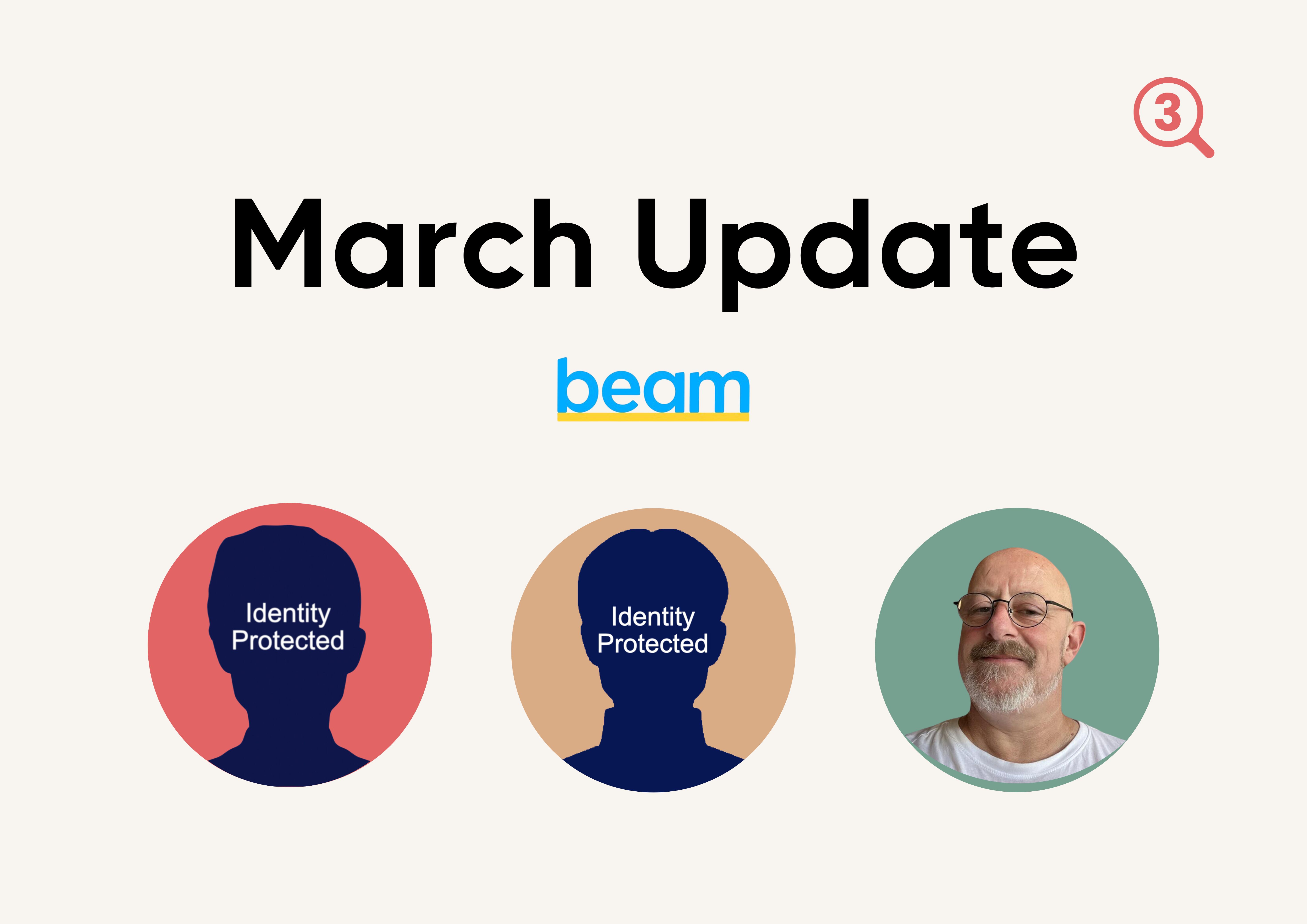
Here at 3Search, we’re on a journey to learn more about Diversity & Inclusion and how we, as a recruitment agency, can support our clients to meet their own objectives around D&I.
Part of this journey is learning about how we can make changes, both internally and externally, to support candidates of all abilities in their job hunt. As a result, this week we’re thinking about Neurodiversity and the changes that we can make as a business to attract and support neurodivergent candidates.
What Is Neurodiversity?
Neurodiversity is a term used to describe the different ways in which the brain works. Those considered neurotypical have brains that function and process information in the way that society expects them to (Source: BBC).
Neurodivergent individuals are those with any of the following:
- ADHD
- Autism
- Dyscalculia
- Dyslexia
- Dysgraphia
- Dyspraxia
- Tourette’s Syndrome
(Source: ADHD Foundation)
It’s believed that 1 in 7 of the UK population are neurodivergent, yet they’re underrepresented in the workforce. According to the National Autistic Society, the percentage of autistic people alone in work is as low as 22%. (Source: autism.org.uk)
The Neurodiversity Movement
Doctor Nick Walker, a key figure in the Neurodiversity Movement, defines the movement as a shift from the pathology paradigm to the neurodiversity paradigm.
The pathology paradigm defines what is “normal” and what is “other” in terms of human cognition. As with other protected characteristics (ethnicity, gender and sexuality), Walker argues that this “othering” has led to neurodivergent individuals being systematically subjected to discrimination and oppression.
The neurodiversity paradigm shifts our understanding, encouraging us to view neurodiversity as another part of human diversity, like “ethnic diversity or diversity of gender and sexual orientation”. It encourages us to re-think the way we see neurodivergent people. For example, removing the pre-conceived idea of “normal” and ending the use of the term “disorder”.
By participating in the movement and shifting our thinking, we’re able to acknowledge the discrimination that neurodivergent individuals face, especially in recruitment, and put more practices in place to create an even playing field.
What can employers do to attract more Neurodivergent candidates?
We’re still learning about the best ways to attract and accommodate neurodivergent candidates but re-assessing the way we think is the first step that we all need to take. This allows us to recognise how our workplaces and recruitment processes are designed purely for Neurotypical minds.
But what other steps can we take right now to attract neurodivergent candidates?
We’ll be exploring this further over the next few weeks, but one very simple thing we think businesses can do is to get into the habit of sharing interview questions in advance.
Giving candidates access to questions before the interview lets candidates know what to expect and gives them time to prepare. No surprises will make a far more relaxed interview environment and you, as the hiring manager, will get a better insight into what candidates can bring to your business.
There is a huge amount more we can do here. Look out for further content in the coming weeks…
In the mean time, find out more about neurodiversity and learn with us, we recommend reading Catherine’s story, an Analyst at the Office for National Statistics. Plus, check out some of the resources we used to research this blog and create a foundation for our understanding.
Resources:
- Neurodiversity: Some Basic Terms & Definitions (neurocosmopolitanism.com)
- Toward a Neuroqueer Future: An Interview with Nick Walker | Autism in Adulthood (liebertpub.com)
- Neurodiversity at work (cipd.co.uk)
- Neurodiversity - BBC Worklife
- Leading UK employers recognising autistic potential (autism.org.uk)
- SAP | SAP Purpose Network Live
***
3Search is an award-winning UK recruitment consultancy, specialising in recruiting marketing experts for the digital age.
Whether you’re seeking new talent or looking for your next career move, we can help.
Learn more at www.3search.co.uk



